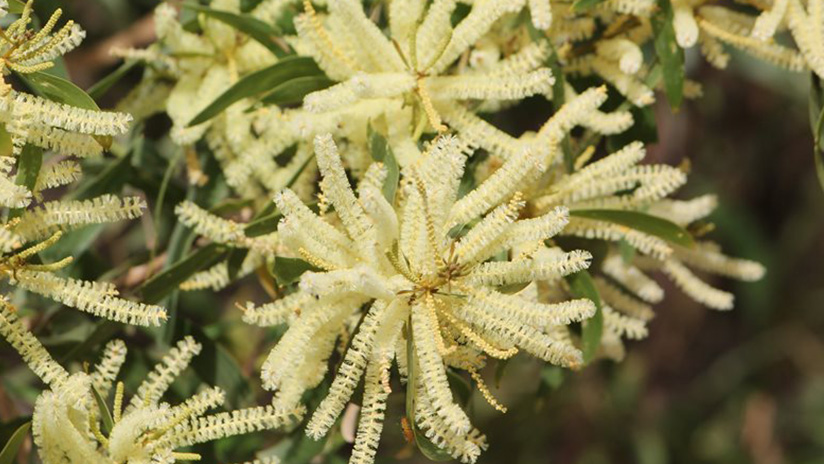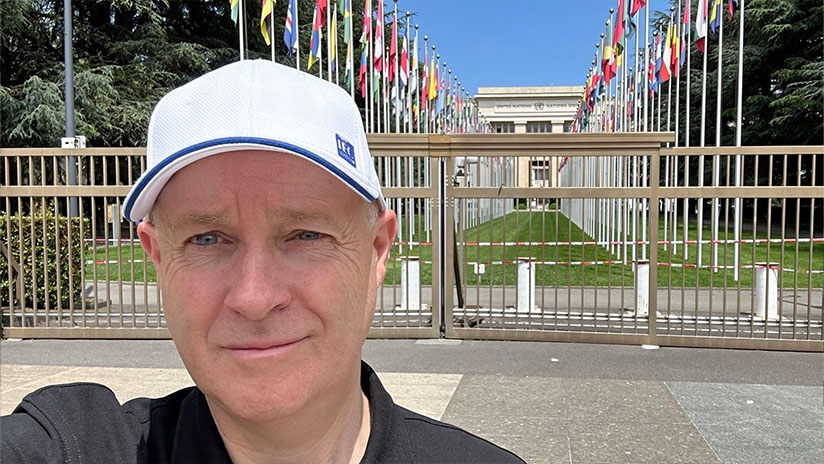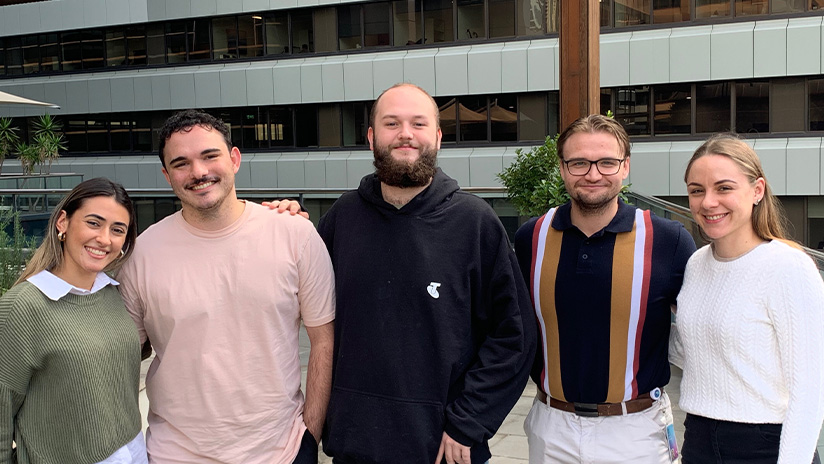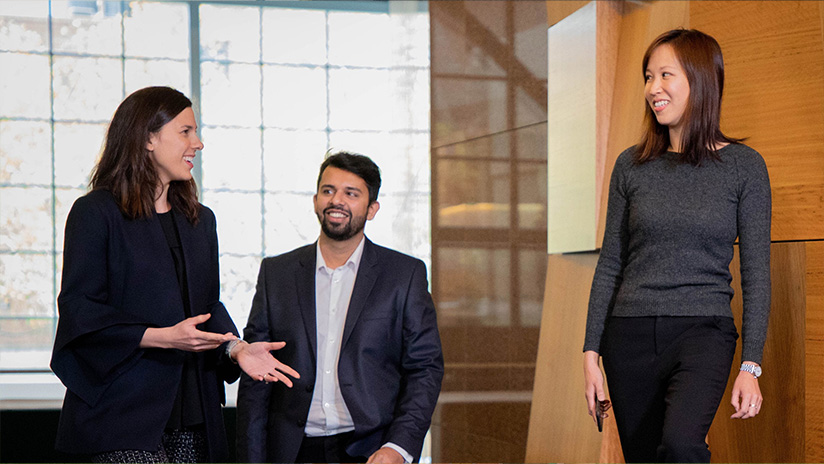Sending seeds into space
Recently, a small group of my Telstra colleagues and I decided to volunteer for an amazing not-for-profit organisation called One Giant Leap Foundation.

The foundation has sent wattle seeds into space to be stored for several months, before being returned to earth for distribution across Australia. Here, they’ll be planted, measured and recorded in hundreds of schools and local organisations around the country.
Working on this project has been a great opportunity for me to meet and connect with talented colleagues who are as passionate as I am about helping local organisations and the environment. Our support has been vital to the project and greatly appreciated by the foundation, and we’ve been able to do it all remotely thanks to Telstra’s flexible working tools that make it easy for us to work from home.
The scope and impact of the project
I’ve always found volunteering to be a great way to learn new skills while giving back to the community. For this project, my volunteer team and I designed and created a web-based app to collect, store and display the data for each of the organisations involved.
For me, it has been an opportunity to practise my skills as a Project Lead and Scrum Master through project planning, task management and problem-solving. I’ve certainly learned a lot about web-based app development – and discovered that there is so much more to learn in this field.
The broad goal of the project is to compare the growth of wattle seeds stored in space with those stored on earth for the same amount of time. This will determine if sending seeds to space is a viable option for better growth. If it is, this technique can be utilised in future to preserve endangered plant species.
Ideally, the care and commitment required to grow the seeds – measuring, tracking and recording the data – will motivate our next generations to be actively involved in environmental preservation, as well as scientific research methods.
I like to think that this project might also play a part in interplanetary colonisation. The data collected will provide insight into how seeds behave in space, which is an important factor when considering if we can populate other planets with flora and fauna.
Now more than ever, we need to protect our environment
As we speak, hundreds of plant species are becoming extinct, and even more are becoming endangered, as a direct result of human activity. This has significant repercussions for wildlife and biodiversity.
The app my volunteering team has created for the project is integral to tracking the results in an efficient and effective way. We’ve worked hard to ensure the app is very user-friendly and interactive, and integrates seamlessly with the foundation’s current platform.
I’m hopeful this project will have an impact on future generations, and it's really inspiring to be a part of something much bigger than myself.
Do you want to be part of something bigger than yourself, take a look at our available roles today!


